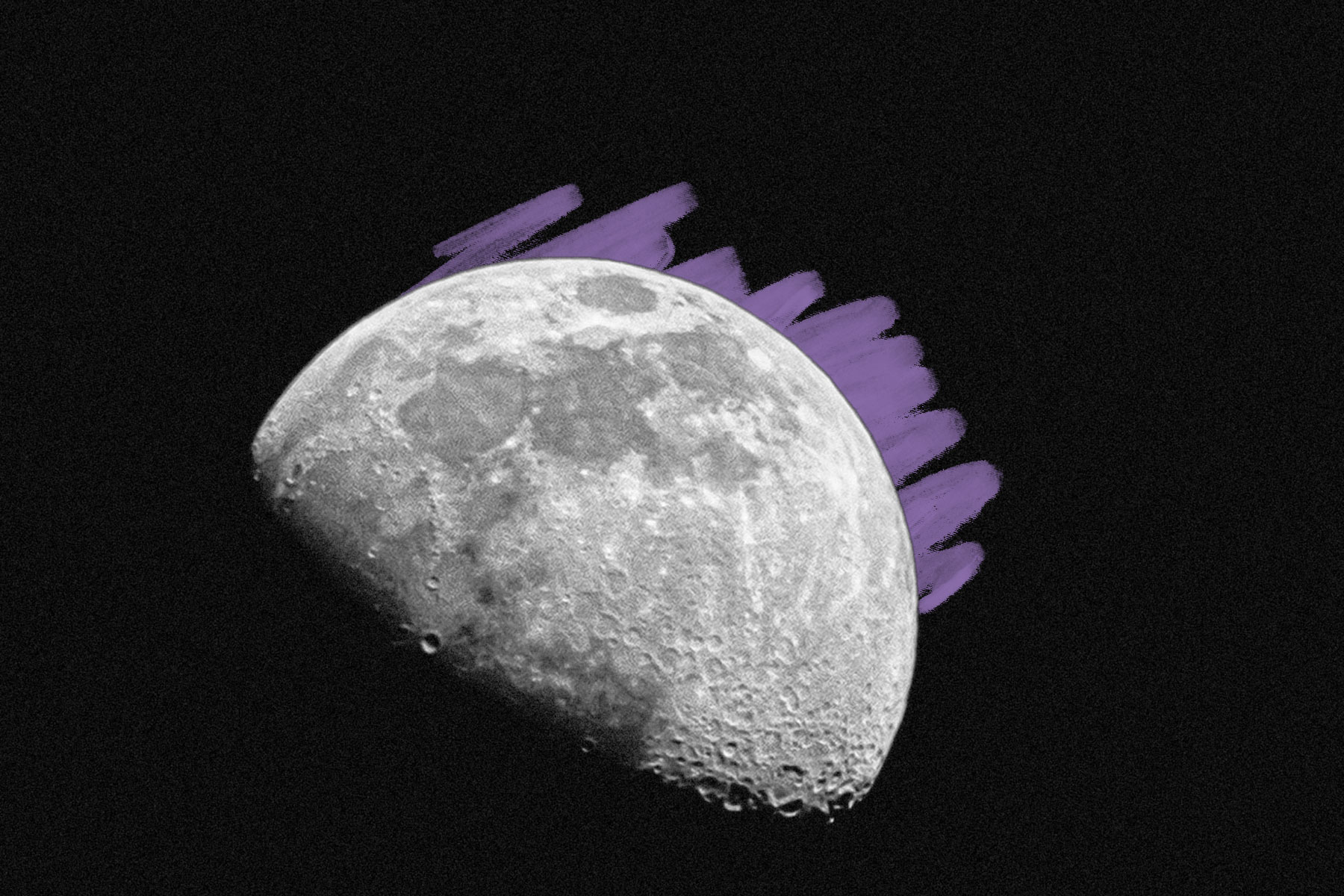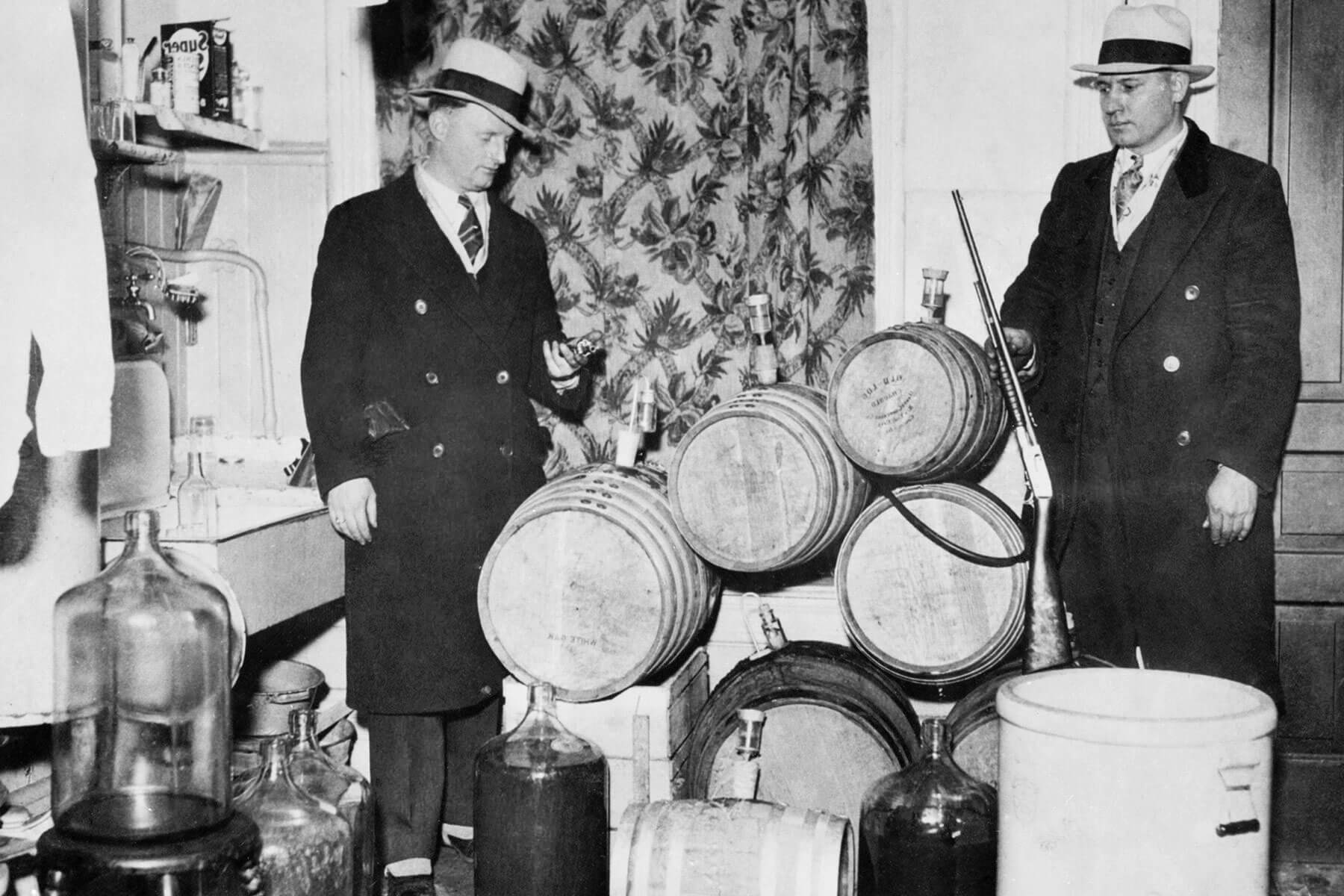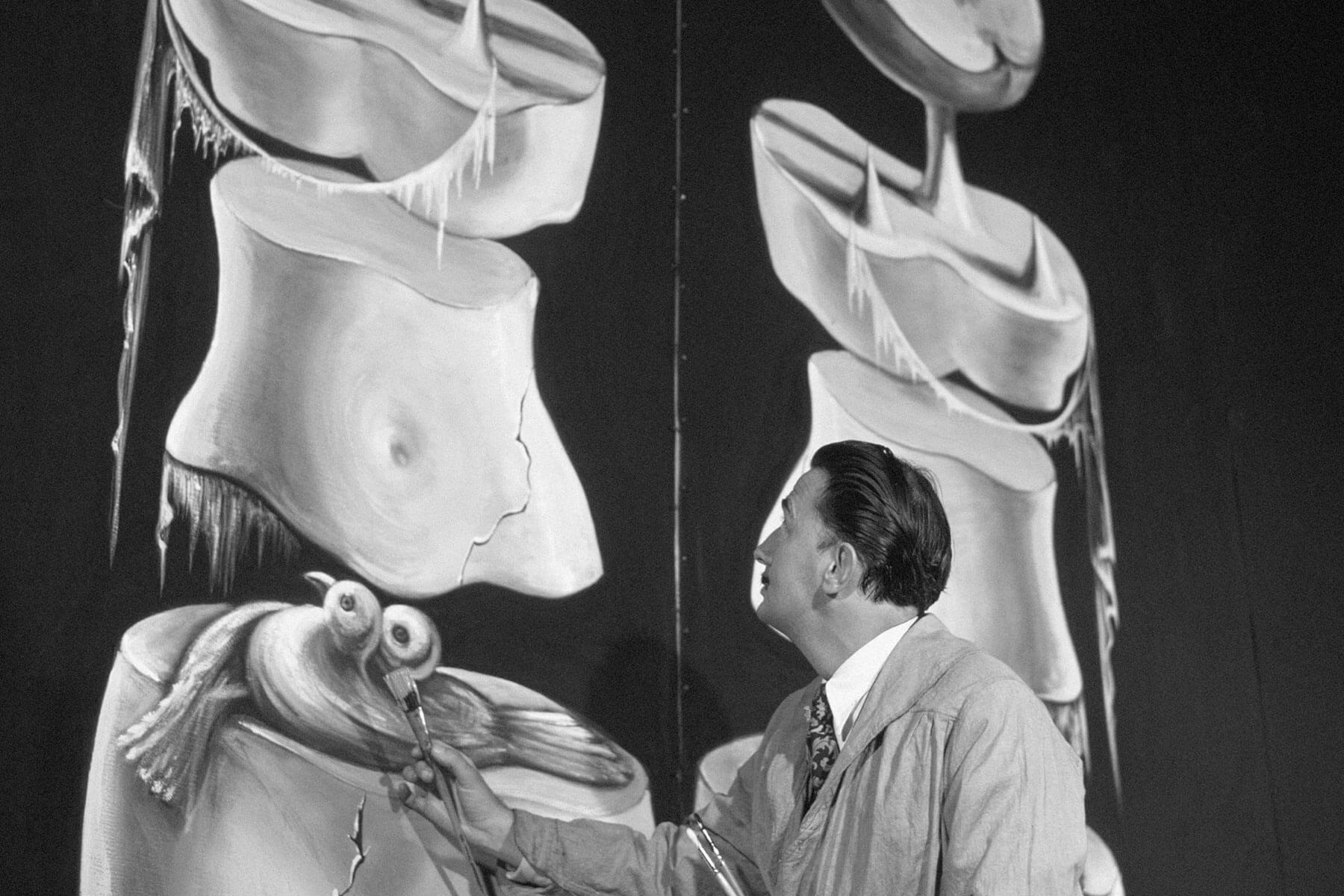Apollo 12 snuck this onto the moon
Tuesday, December 12, 2023
When Apollo 12 departed Kennedy Space Center on November 14, 1969, the spacecraft was carrying a tiny artwork titled "Moon Museum" — albeit unknowingly to the astronauts aboard. |
| |
| |
|
 |
|
| W hen Apollo 12 departed Kennedy Space Center on November 14, 1969, the spacecraft was carrying a tiny artwork titled "Moon Museum" — albeit unknowingly to the astronauts aboard. The piece was a ceramic tile measuring less than an inch, inscribed with designs from six contemporary artists. However, the idea was never sanctioned by NASA, and "Moon Museum" had to be smuggled into space. |
|
|
| "Moon Museum" was the brainchild of concept artist Forrest Myers, who collaborated with artists Andy Warhol, Claes Oldenburg, David Novros, Robert Rauschenberg, and John Chamberlain. Each artist sketched a unique image on the tile. Warhol signed his initials in the upper left, forming the shape of a phallic rocket; Rauschenberg drew a line next to it, and Novros created a black square in the upper right. From left to right on the bottom row, Myers added an interlocking drawing, Oldenburg sketched Mickey Mouse, and Chamberlain drew an image based on a circuitry diagram. |
|
| Myers tried to get NASA's approval to stow "Moon Museum" aboard the Saturn V rocket, but was met with radio silence. He then contacted an anonymous NASA engineer known today as John F. to help smuggle the artwork into space. The employee responded two days before launch, stating, "YOUR [sic] ON A.O.K. ALL SYSTEMS GO." It's believed "Moon Museum" was covertly attached to the lunar module and deposited on the moon during landing, though it's impossible to confirm without sending another mission back to check. |
|
 |  |
|
| Thank you for supporting our advertisers! |
|
| |
|
 |
|
By the Numbers |
|
| American flags planted on the moon | | | 6 |
| | | People who have walked on the moon | | | 12 |
| | | People who have walked on the moon | | | 12 |
|
|
|
| Average distance (in miles) between the moon and Earth | | | 238,855 |
| | | Apollo missions that landed on the moon | | | 6 |
| | | Apollo missions that landed on the moon | | | 6 |
|
|
|
 |
|
 | | Did you know? |
|
|
NASA sent two golden phonograph records into space. |
|
| In 1977, NASA sent Voyager 1 and Voyager 2 into space, and each probe continues to explore the far reaches of the galaxy today. NASA included a "golden record" aboard each spacecraft — a gold-plated disc serving as a sort of time capsule in case the probe ever encountered extraterrestrial life. Each record contains 115 images depicting life on Earth, such as people eating and cars stuck in traffic. They also hold audio recordings of naturally occurring sounds such as waves and thunderclaps, as well as spoken greetings in various languages and classical music from different cultures. To ensure longevity, NASA made each record from gold-plated copper mixed with a pure sample of uranium-238, the latter of which has a half-life of 4.468 billion years. The cover of each record was then hand-etched with the inscription, "To the makers of music — all worlds, all times," along with diagrams instructing how to play the record. |
|
| Thank you for supporting our advertisers! |
|
| |


posted by June Lesley at 6:00 AM










![]()
![]()






0 Comments:
Post a Comment
<< Home